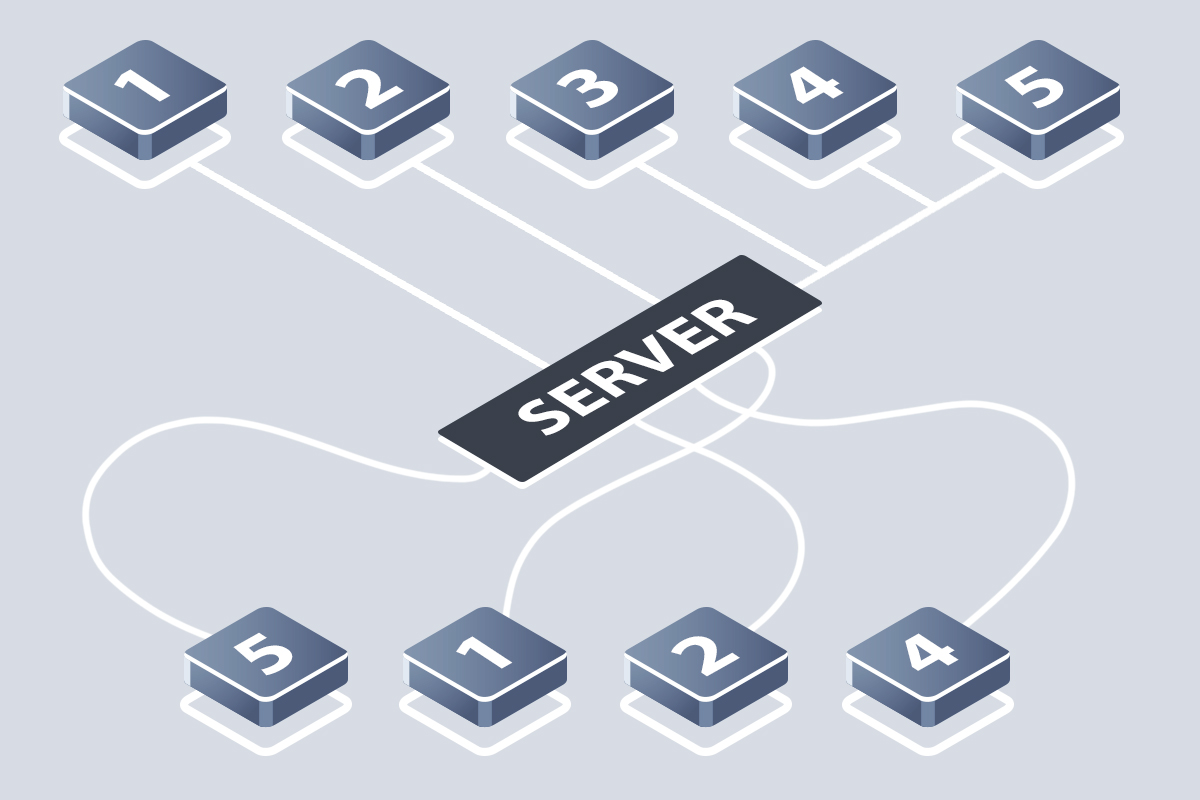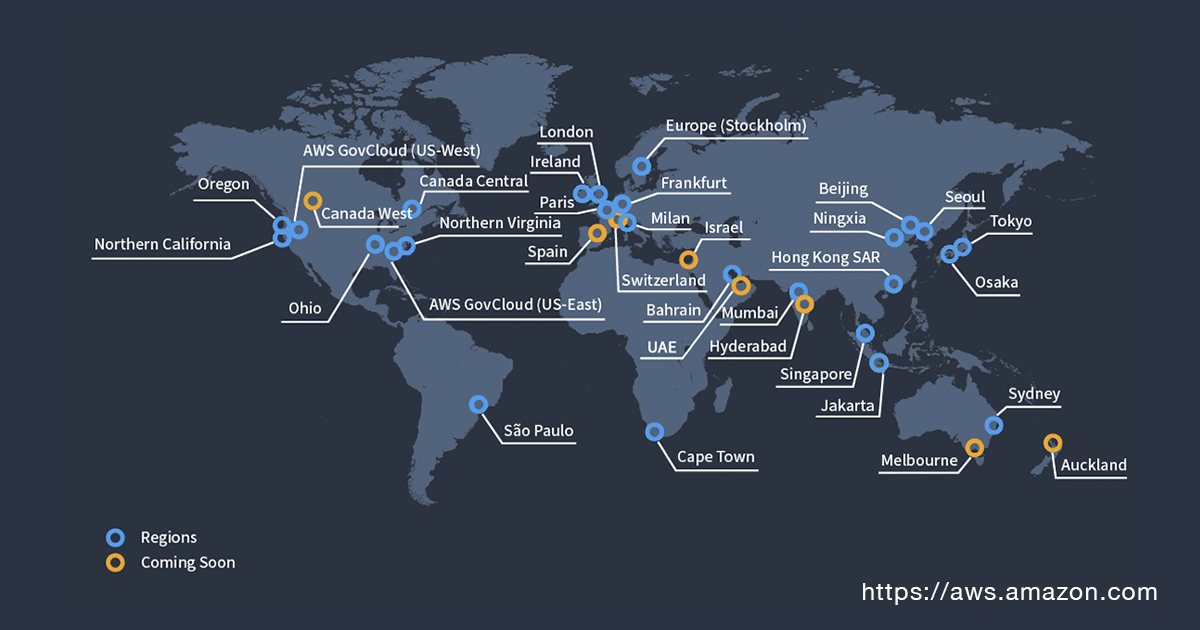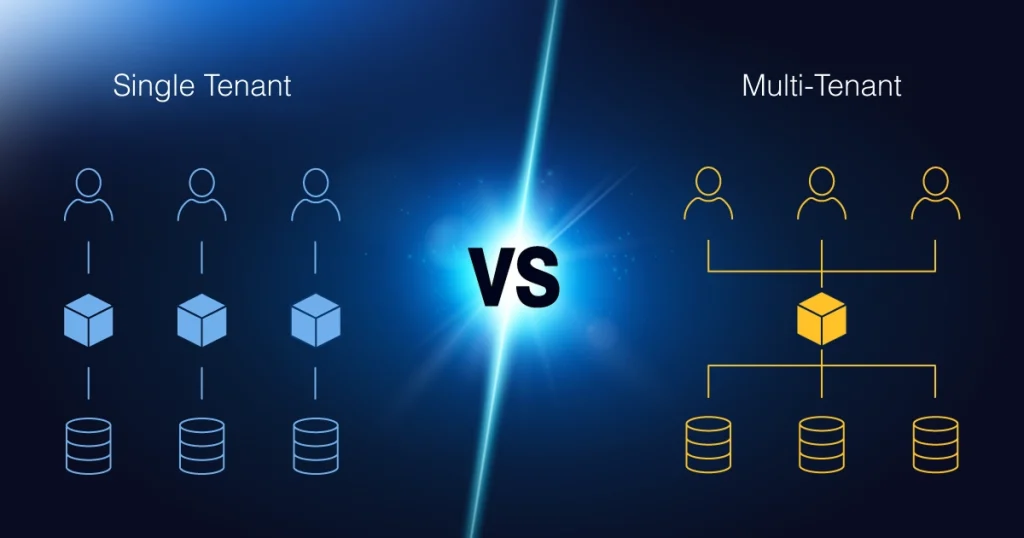
With the impending copper switch-offs around the world, more and more businesses are asking “is VoIP reliable for business?” While there are some slight disadvantages, the truth is that VoIP telephony solutions deliver a sizeable benefit provided they are integrated properly.
Disadvantages of VoIP
So let’s get the disadvantages out of the way first. To be able to use a VoIP solution effectively, you’ll need:
- A rapid internet connection
- A good VoIP provider
Sounds simple, right?
However, “good” can be subjective when it comes to both internet connections for VoIP and the provider. That’s because good for you may not be good for someone else.
High bandwidth demand
If you’re expecting to run a single VoIP line with video at any one time, you’ll need a 5 Mbps connection to maintain that line and handle basic uploads and downloads at the same time. However, if you’re working at an office and have dozens or even hundreds of calls happening at once, you’ll need a lot more bandwidth.
One of the major issues with VoIP is that video calls consume a lot of bandwidth. No matter how well you compress images, you’ll always run into limits with what you can do. Audio calls, on the other hand, require very little.
Even better, with audio calls, you can save data when you’re not speaking, as the line won’t transmit information when it doesn’t have any to transmit.
Still, your internet connection isn’t only carrying calls. It’s supporting your CRM and your office and collaboration software, among other things. So while the same 5 Mbps could in theory support a maximum of 50 audio lines, to maintain clear and reliable calls 11 lines are more realistic.
If you opt to push the maximum number of lines for your bandwidth, you’re tempting fate. In fact, the majority of people questioning, “is VoIP reliable for business” do so because they have tried, or know a business that has tried, to run their VoIP system on a subpar internet connection.
Considering that internet, and by extension phone, outages could cost your business $5,600 per minute, it is imperative to find an internet service provider (ISP) that is as reliable as it is fast. If you run more lines than your bandwidth can handle, the quality and reliability of your calls will decline and in addition to dropped calls you’re likely to experience the two banes of VoIP: jitter and latency.
Jitter and latency
VoIP calls work by sending packets of information over the internet. While those packets are sent in order, they can get jumbled or lost on the way and lead to stuttering, delayed or lost speech in a call. Known as jitter, these delays and mishaps often happen when a network or server becomes congested, with too much information being requested or sent at the same time.
You can use a jitter buffer, often provided by your VoIP provider, to briefly hold the information back to catch all the packets and send them in the correct order. However, the best fix for jitter is to make sure your internet connection is fast enough to support the number of voice and video calls you are making.
There is also the issue of latency, which is the delay between when a request is made and when the information arrives. Here the packets of information may arrive in order, but so late that it is noticeable, leading to delays, echoes and overlaps in a conversation.
Because VoIP calls run off the internet, there is always a small delay between servers as they send and receive information, with a normal amount of latency measuring at about 150-200ms. However, problems arise when the delay increases past 200ms. Longer delays tend to happen when there are more bottlenecks between the two main servers. Again, internet connection is often the main cause of delays, but outdated hardware, firewalls and long distances between servers are also culprits. This is where choosing the right VoIP provider can make a huge difference.
Some VoIP providers focus solely on their telephony service, meaning that you will need compatible third-party desk phones and added-on security like VPNs, SBCs and firewalls. This can work well, and may be a good solution if you have recently invested in hardware, but it does mean that there are multiple weak points that can restrict packet flow, or worse, create backdoors for malicious actors to slip through.
The easier and more reliable setup is one where the VoIP provider sells you a monthly subscription for hardware that is designed specifically to work with their communication system. This relieves compatibility issues and includes upgrades and updates to make sure that you’re never stuck with old hardware that sabotages your call quality or security.
For the best call quality, you should look for a VoIP provider that also includes end-to-end encryption and works with large cloud infrastructures like AWS and Azure. This type of built-in, or secure by design, service is more reliable and safe than ones with patched-together security.
It also has the added bonus of reducing the distance between servers as truly global solutions like AWS have them located all over the world. This keeps servers from being overloaded, shortens the lengths information has to travel and can help keep you compliant with local data protection laws.
In short, having the right internet service and VoIP providers makes all the difference in securing you a reliable VoIP business line.
Emergency calls
There is, however, one other disadvantage that you need to weigh carefully when making the switch to VoIP: the lack of location data that can be shared with emergency services.
With a traditional phone, when you call 911, 999 or 112, information about the location of the phone is sent to dispatchers, which can be life-saving in the case of a silent call. Many VoIP phones, on the other hand, don’t automatically send this data as the number is not fixed to a specific location.
Since the same number can be accessed from a desk phone, smartphone or even a computer anywhere in the world, the system doesn’t know where the caller is physically located and the call may not even be sent to the nearest dispatch call center.
This has caused concern in a few countries, like the United States, as we have covered before. The best way to combat this issue is to upload your address, or even room numbers, to the static phones in your system. While this is possible to do manually on many VoIP systems, there are providers that provide an easier, more automatic, process.
For the safety of your staff, it is worth reminding them that if they work remotely or change offices often, they should always have a backup phone, like a personal smartphone, with them in case of an emergency.
Benefits of a VoIP Phone System
Now that we’ve looked at the main drawbacks of VoIP, let’s take a look at the advantages to making the switch away from traditional telephony.
Scalability
VoIP telephony gives you the freedom to choose the number of lines, type of hardware and level of service that suits your company with the ability to scale up or down as and when you need it. For instance, you can choose to exclusively use computers as softphones instead of purchasing desk phones. However, if your needs change, you can easily secure hardware through hardware-as-a-service (HWaaS) offers and add or subtract lines with a click of a button. This way you are never paying for services you don’t need, but are also not limiting your business growth. This is worlds away from traditional telephony which limits you to the number of lines installed and supported by your PBX.
Cost
Traditional systems also come with a hefty maintenance cost as the public switch telephone network (PSTN) system ages and more and more technicians retire. Add to that the charges associated with line rental and minutes on top of an internet connection, and it’s easy to see why cloud-hosted VoIP is often the lower-cost solution.
Flexibility
But the cost-saving benefits aren’t just related to monthly bills and maintenance. Without being tied to a physical line, employees can work remotely, from anywhere in the world, with full access to your business phone system. This can allow you to rent smaller office spaces or none at all, depending on your business model, while simultaneously increasing staff wellness and retention.
Additionally, included collaboration tools, such as video conferencing, allow your teams to meet virtually without having to travel to different offices or branches, lowering your travel expenses and time spent travelling.
Efficiency
What makes VoIP solutions truly revolutionary, though, is their ability to integrate into your other operating systems. With a traditional phone system, you have to manually dial customers and then log those calls into your CRM, plus you risk missing calls if you are away from your desk. In contrast, a VoIP system can integrate with your CRM so all calls are automatically logged and recorded and you can call your contacts with just a click. You can even make and receive business calls on your personal devices either through dedicated applications or by simply opening the platform in the browser. So even if you step away from your desk, you won’t miss that important call.
But the possibilities don’t end there. Cameras, doorbells, hotel management systems and calendars can also all be integrated. Combined with the offerings of a unified communication system that includes chat, voice and video calls, as well as video conferencing, VoIP gives you a multitude of ways to not only reach your customers but to do so quickly and efficiently. Add in powerful analytical tools and you have everything you need to truly understand your customers and how your business can improve and grow.
Future Facing
We’ve already mentioned that the traditional phone system is due to be switched off in a number of countries in the next few years. Switching to VoIP now protects you from being left high and dry as support is slowly pulled from the copper system.
But more than that, since VoIP systems use an internet connection the possibilities for integrations are endless. That means your phone system will be able to connect to the newest communication and operation trends as they evolve, laying the foundation for your business to excel in the Metaverse, or anywhere else technology takes you.
Is Your VoIP Reliable for Business?
So the real question is not is VoIP reliable for business but rather can you afford not to make the change and take full advantage of the benefits offered by a reliable VoIP provider?
Still not quite sure how to spot one? Well, when looking for a new provider, make sure you consider the following:
Features
There’s no point in paying for a system optimized for a large call center if you’re a small law firm. Have a look at all the different features offered and the price plans they are connected to and find the one that offers the most useful tools for the type and size of your business. However, don’t forget that the needs of your business will change and evolve, so make sure you know understand the pricing structure and what it offers. It’s worth choosing a provider that can give you all the tools you need, so if you decide to upgrade you can do so without having to switch providers and risk disruption. Just beware of companies that charge for features à la carte as it is likely to cost you more than a comprehensive plan.
Customization
While many providers offer a list of integrations, look out for ones that add to their list frequently, take requests or offer open APIs to partners and developers. Tools like open APIs allow you to easily integrate your VoIP PBX to another system, such as Google Calendar, without extensive knowledge of both systems. This means that you can create custom integrations that perhaps no other business has approached before. Providers that don’t offer these customization tools are failing to let you create the most efficient workflows for your team, so signing up with one could mean that you’re locked into a contract with a provider who is not keeping up with tech trends.
Server locations
While you may be tempted to host your own VoIP PBX on-site or choose a provider that hosts their own cloud, beware. These systems can be easier to hack, add unwanted latency to your calls and require additional hardware and maintenance costs. Instead, choose a provider that works with large cloud infrastructures like AWS to give you the most efficient and reliable systems.
Source: Amazon AWS
Security
Don’t get caught out by cyber thieves looking to mine your calls and messages for useful data. Look for VoIP providers that include end-to-end encryption, work with large cloud infrastructures, and don’t rely on third-party tools to secure your data and access.
Intuitive design
The last thing you want to do is invest time and money in creating your ideal system, just for your staff to find it confusing or difficult to use. Complicated systems can take ages to train staff on and often end up with employees ignoring certain features if they decide they are too difficult to use. Make sure that whatever system you choose, the design is straightforward, easy to use and intuitive so that from the moment it is installed you can get the full benefit of your investment.
Wildix’s VoIP Solutions
If you’re on the lookout for a new VoIP provider or simply scouting for your first, Wildix fulfills all the criteria above and can provide you with a communications solution that fits your unique needs. The first browser-based VoIP provider, Wildix uses WebRTC as the basis of its software, making it easy to launch, secure by design and compatible with a wide range of browsers and hardware.
So if you’re ready to ditch your traditional telephony system and embrace cloud VoIP, do so with confidence knowing that with the right ISP and VoIP providers, your VoIP is reliable not only for your business today but also for your business of the future.
For more tips on VoIP solutions, subscribe to our magazine for free!










